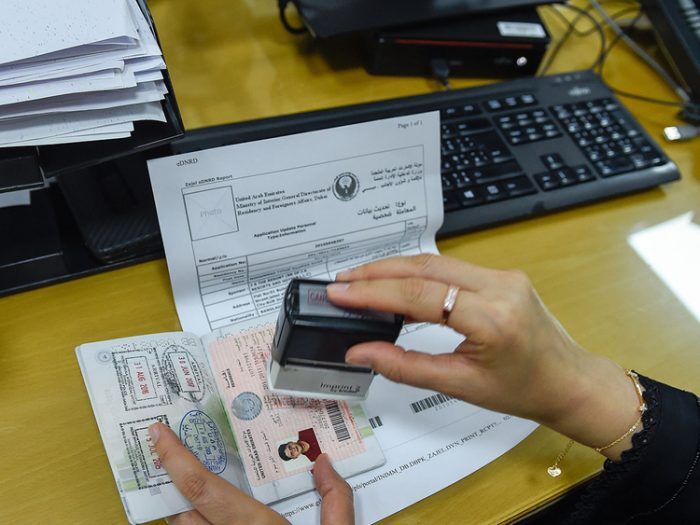The Ministry of Health and Prevention (MOHAP) staged several campaigns via social networking sites to enlighten public awareness about smoking risks. In the time of Covid-19, and warn against dangers for smokers and disease transmission.
Promotion of E-cigarettes as less harmful products by tobacco companies warned as illegal by concerning authorities.
MOHAP has launched several anti-smoking projects including the instituting of a network of 16 smoking cessation clinics in the primary health care centers with plans to expand them, the mobile smoking cessation clinic, and other initiatives.
MOHP aims to educate people’s awareness about the health risks of smoking and its economic development burdens on governments and societies, and the need to continue to implement effective policies to reduce tobacco consumption.
This year’s ‘World No Tobacco Day’ focuses on ‘Protecting youth from industry manipulation and preventing them from tobacco and nicotine use’.
According to World Health Organization (WHO), smokers are most likely to develop health complications if they were infected with Covid-19
The UAE is one of the world’s first countries to join the WHO’s Framework Convention on Tobacco Control.
UAE has developed a national indicator of the smoking rate with plans to reduce it to 15.7 by 2021. Comprising of 12 government entities to draft tobacco control-related legislations, the country has formed a national committee for tobacco control, regulations, and systems, along with a database about tobacco use, its products, and its trade.
In accordance with the health survey 2017- 2018 the UAE’s efforts in this respect have yielded the decrease rate of adult smokers by 18 per cent since 2010, in addition to imposing the selective tax on tobacco and its derivatives by 50-100 per cent.
To activate the articles of the Tobacco Control Law, the MOHAP has established effective partnerships with various government sectors. It also developed a policy and an integrated training program through the ‘Maharti System’ to enhance the capabilities and skills of the physicians to provide smoking cessation services and to standardize the work in accordance with the internationally approved treatment protocols.





![The Top & Most Popular Seafood Bucket Restaurants in Dubai for you [Never Miss]](https://cdn-bcaic.nitrocdn.com/xbqiknhylajlKDYOliCLZeRuxPCWDGHz/assets/images/optimized/rev-b04d989/uae24x7.com/wp-content/uploads/2020/09/8-seafood-in-a-bucket-scaled-e1600739237403.jpg)